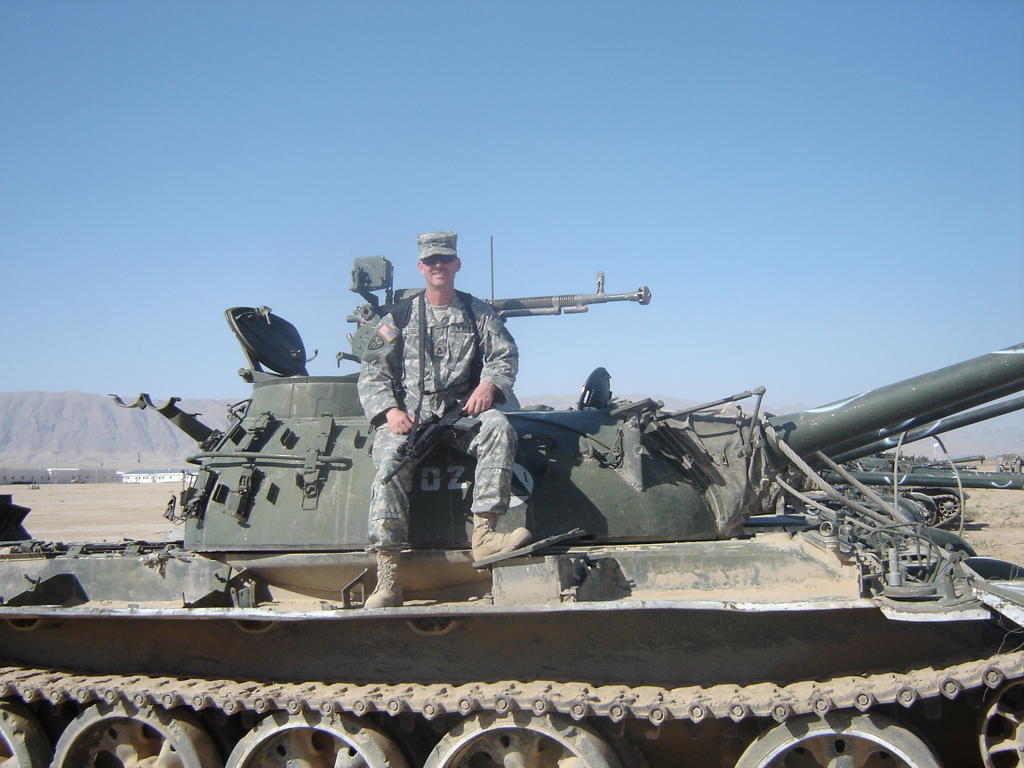Post by tankcommander on Jun 4, 2006 9:44:27 GMT -8
But I wanted to put this up this weekend.
It was written in 1999 but is still appropriate. The writer was a decorated veteran of d-day who has since passed away.
St. Petersburg Times - St. Petersburg, Fla.
Author: Jacquin Sanders
Date: Jun 6, 1999
Fifty-five years after D-Day, the survivors slow down, the ranks grow thin.
Even the youngest of the men who charged, staggered or crawled up the Normandy beaches are in their 70s. Many are much older, as are their great enablers: tank crews who softened the defenses, airmen who straffed them, sailors who steered landing crafts, gun crews who blasted the enemy from ships at sea.
Only in political oratory do old soldiers bask in contented old age. Real veterans have pain along with memories. A sense of loss hangs over their days. Wistfulness is one of their better moods. Bitterness happens. Pride, too.
They think of their exploits, rehearse the glad memories, recall the power and agility of their young manhood. Some grow sad with what they have lost. Others only shake their heads in wonderment at what they were.
The years are as cruel to heroes as to the rest of us. German soldiers were never such an enemy as arthritis.
Men who scrambled over the sides of landing crafts and dropped into the water now lower themselves gingerly, achingly into their own bathtubs.
Men who darted zig-zag up beach inclines to lob grenades into the gun holes of concrete dugouts now stop uneasily before an unexpected stairway.
Former bayonet fighters drop a pencil to the sidewalk and look for a wall or post to brace on so they can lean down and retrieve the pencil.
For 30 years or more after D-Day, these men and their generation ruled America, which pretty much meant they ruled the world. They don't anymore, which is proper and expected, but leaves memories of better days.
Still, there is one unalterable thing that can never be taken from D-Day veterans:
On a certain grave day, in a certain important place, they had a great success. They changed the movement of history.
They won.
- Jacquin Sanders, 76, is a veteran of World War II. He served in the infantry.
It was written in 1999 but is still appropriate. The writer was a decorated veteran of d-day who has since passed away.
St. Petersburg Times - St. Petersburg, Fla.
Author: Jacquin Sanders
Date: Jun 6, 1999
Fifty-five years after D-Day, the survivors slow down, the ranks grow thin.
Even the youngest of the men who charged, staggered or crawled up the Normandy beaches are in their 70s. Many are much older, as are their great enablers: tank crews who softened the defenses, airmen who straffed them, sailors who steered landing crafts, gun crews who blasted the enemy from ships at sea.
Only in political oratory do old soldiers bask in contented old age. Real veterans have pain along with memories. A sense of loss hangs over their days. Wistfulness is one of their better moods. Bitterness happens. Pride, too.
They think of their exploits, rehearse the glad memories, recall the power and agility of their young manhood. Some grow sad with what they have lost. Others only shake their heads in wonderment at what they were.
The years are as cruel to heroes as to the rest of us. German soldiers were never such an enemy as arthritis.
Men who scrambled over the sides of landing crafts and dropped into the water now lower themselves gingerly, achingly into their own bathtubs.
Men who darted zig-zag up beach inclines to lob grenades into the gun holes of concrete dugouts now stop uneasily before an unexpected stairway.
Former bayonet fighters drop a pencil to the sidewalk and look for a wall or post to brace on so they can lean down and retrieve the pencil.
For 30 years or more after D-Day, these men and their generation ruled America, which pretty much meant they ruled the world. They don't anymore, which is proper and expected, but leaves memories of better days.
Still, there is one unalterable thing that can never be taken from D-Day veterans:
On a certain grave day, in a certain important place, they had a great success. They changed the movement of history.
They won.
- Jacquin Sanders, 76, is a veteran of World War II. He served in the infantry.





